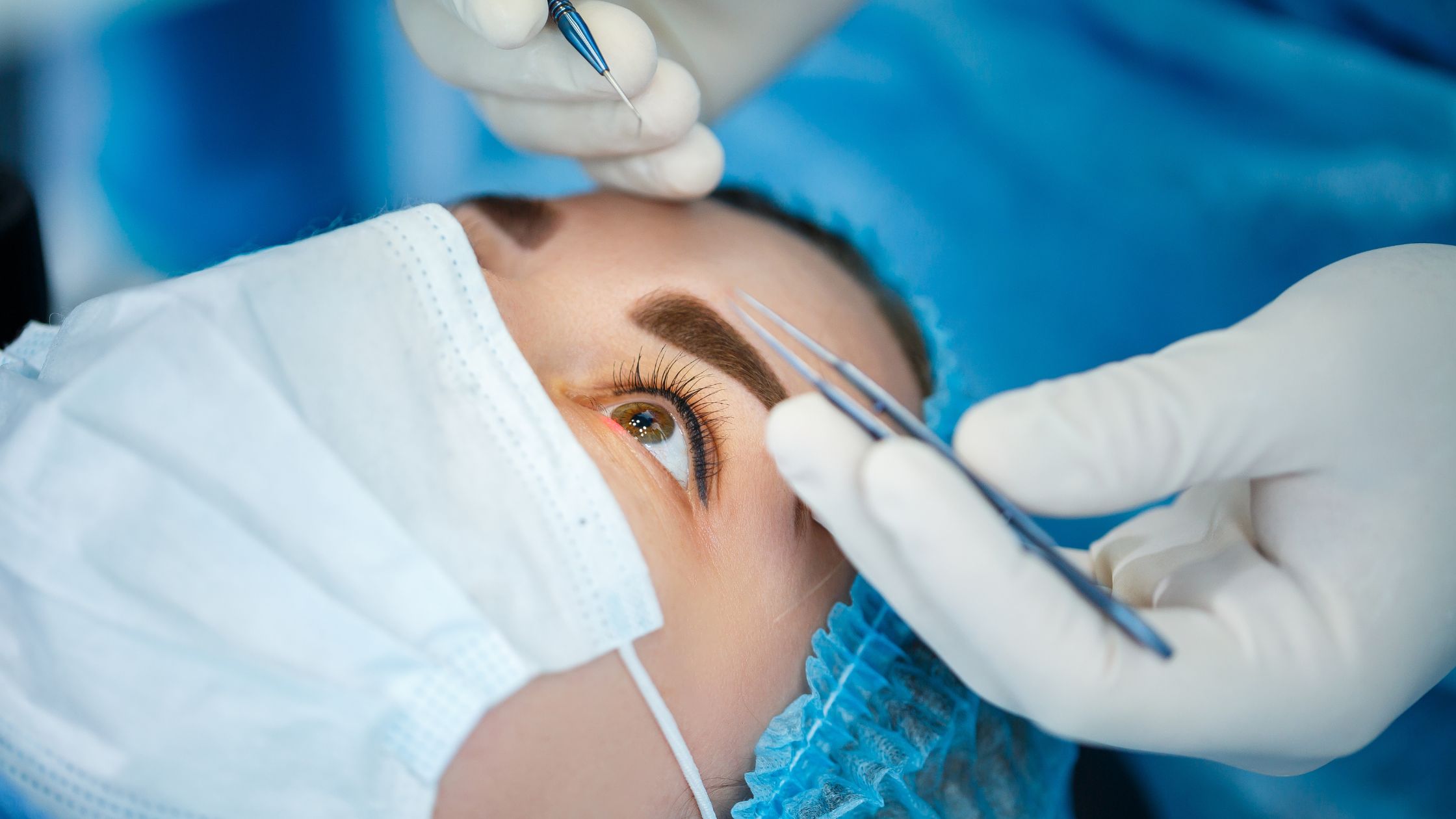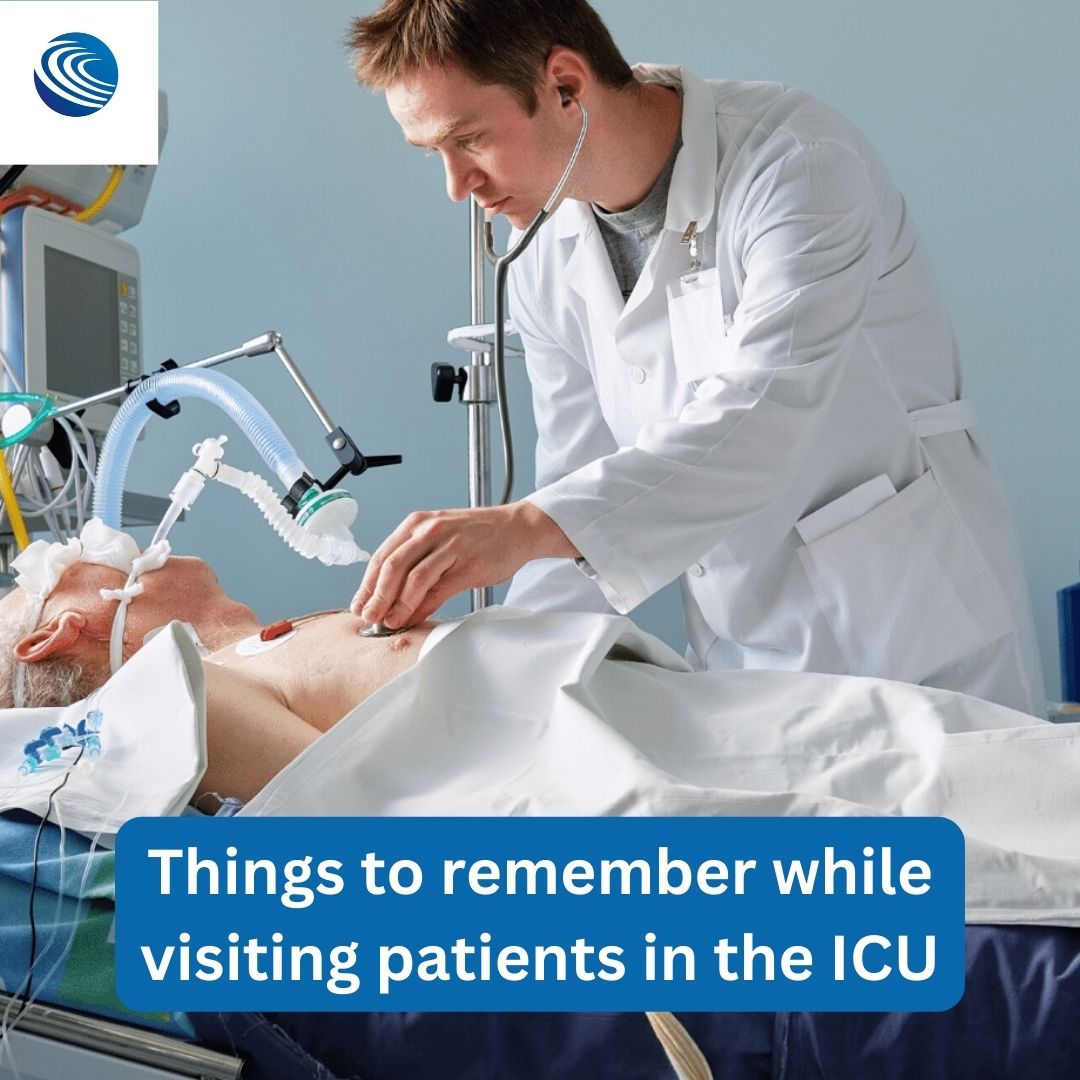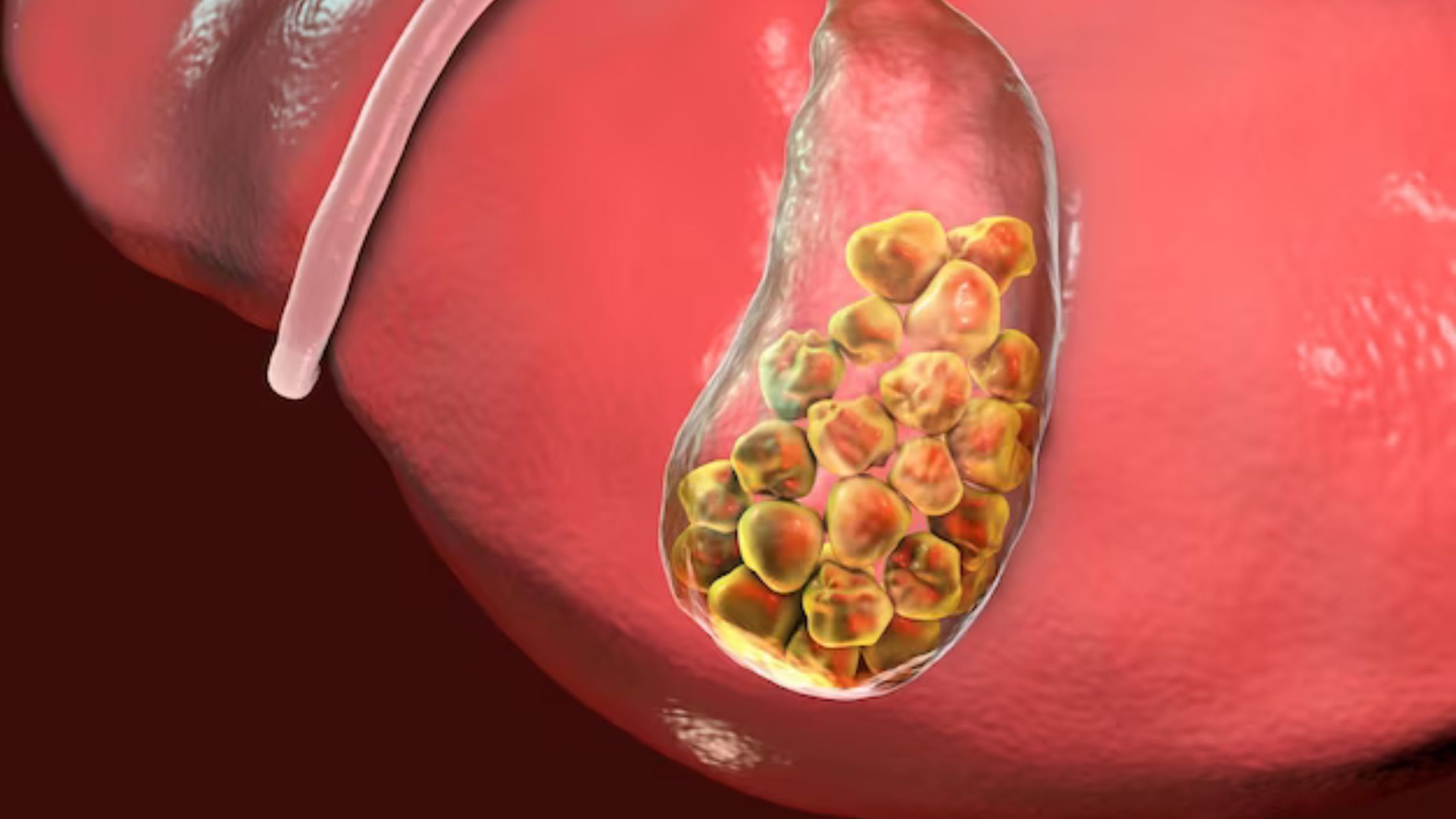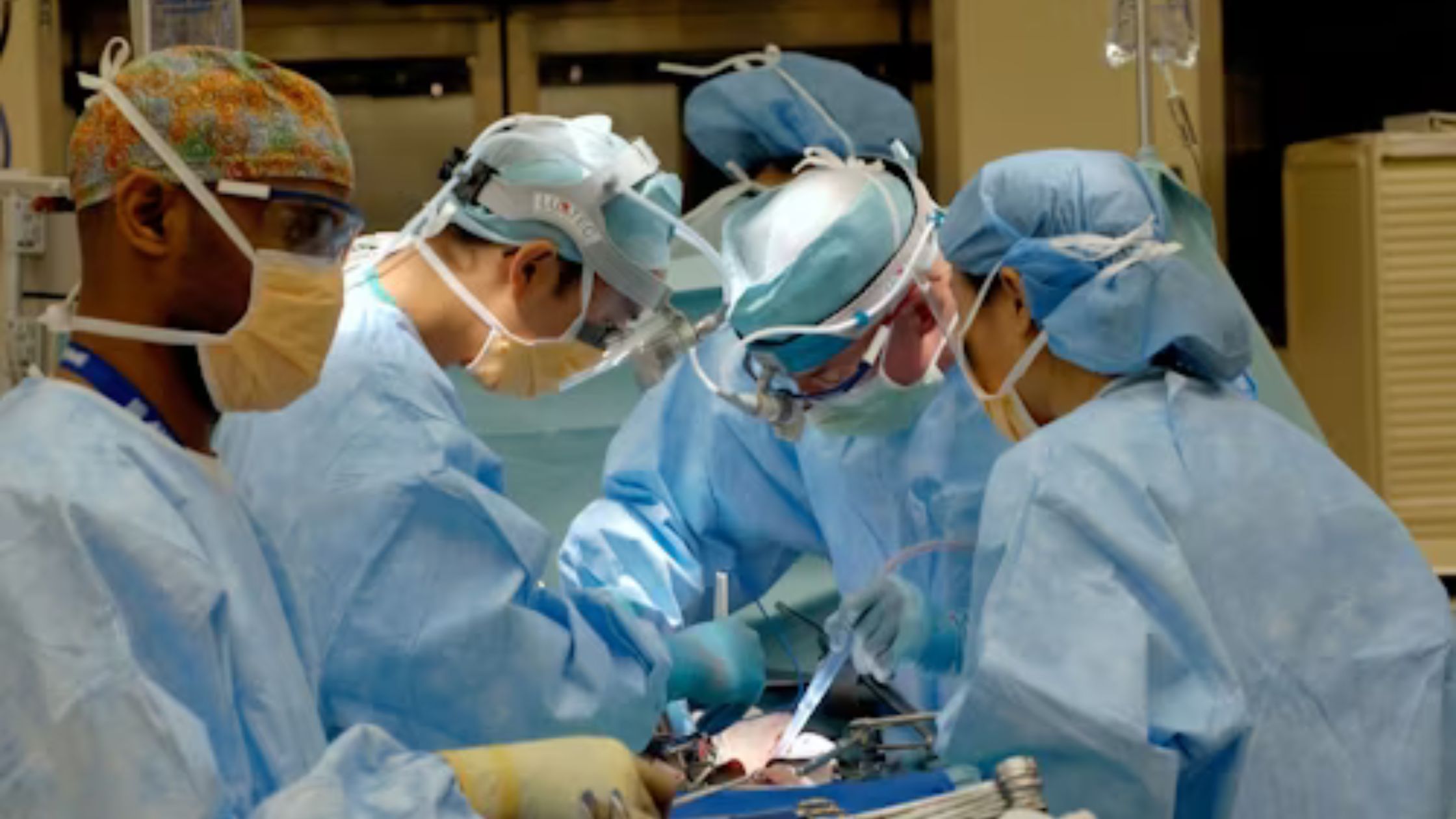A Few Things to Keep In Mind Before You Go For Fissure Laser Surgery
An anal fissure can be a painful, frustrating experience. These small tears in the anus lining can be intensely bitter and make everyday activities difficult. Faced with this condition and about to have it treated by laser surgery, here are a few essential facts you should know before proceeding.
1. Diagnosis and Conservative Treatments:
Confirming the diagnosis of an anal fissure is essential before you jump into surgery. Sometimes, other diseases like hemorrhoids can have similar symptoms. Most anal fissures can recover on their own with dietary changes, stool softeners, and topical medicines. These treatments usually fail to give relief, and surgery is the answer.
2. Laser Surgery Overview:
Laser surgery for fissure is a minor opening shear process designed to loosen the anal muscle sphincters and allow time for healing of the anorectic. Making small incisions in the muscle with laser energy releases tension and increases blood flow to the affected area, relieving pain. It stimulates healing and reduces pain.
3. Potential Benefits:
Laser surgery offers several advantages:
• Minimally Invasive: Laser surgery is more convenient than traditional surgical techniques, with smaller incisions and less pain.
• Faster Recovery: Most patients recover more quickly than traditional surgery.
• Lower Risk of Incontinence: As a result, Laser surgery seems to have less of a risk of incontinence than some other surgical procedures for anal fissures.
4. Risks and Complications:
While laser surgery is generally considered safe, there are potential risks and complications, including:
• Infection: Although the figure is relatively low, surgical procedures involve an infection risk.
• Incontinence: However, the occurrence of temporary or permanent incontinence after laser surgery is nonetheless less frequent than with some other surgical methods.
• Recurrence: The operation is effective in most cases, but there remains a chance of fissure recurrence.
5. Preoperative Preparations:
You'll most likely receive some pretty detailed instructions before having laser surgery. These may include fasting the night before explaining prescribed medications and preparing for anesthesia if needed. You have to follow these instructions carefully.
6. Postoperative Care:
After the surgery, you will need to adhere to postoperative instructions, including:
• Dietary Changes: Eat a high-fiber diet, and drink plenty of water to soften stools and stop constipation.
• Medications: You may be given pain medications, stool softeners or ointment to aid healing and reduce discomfort.
• Follow-Up Appointments: Follow-up appointments are essential to track your progress in healing.
Conclusion
Laser surgery can also be an effective means of treating anal fissures, offering a minimally invasive approach and several possible advantages. But you must consider carefully and talk with a specialist before making up your mind. There is an undeniable role for medicine in the form of surgery. But conservative treatment and lifestyle changes are always worth a try as a first-line defense against anal fissures.
















